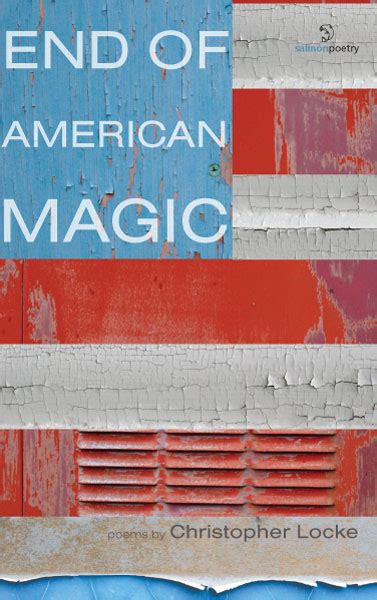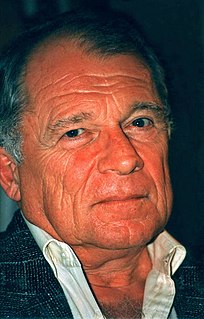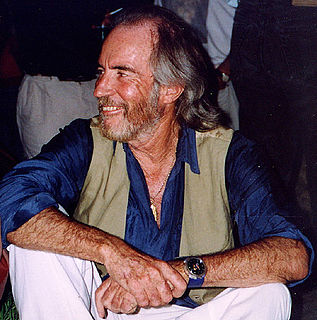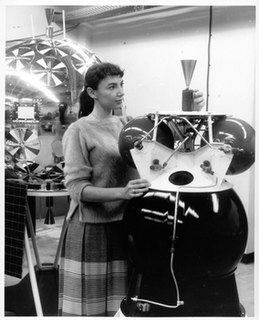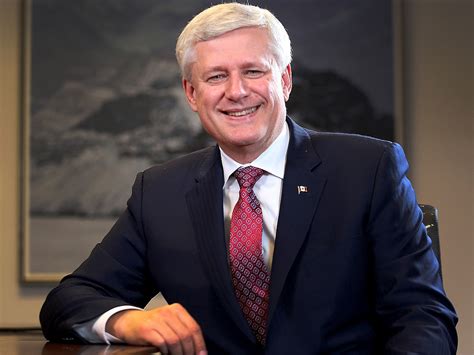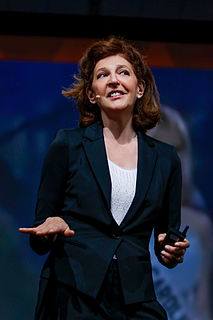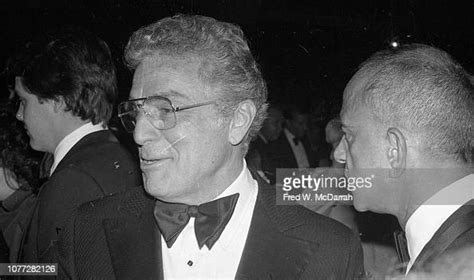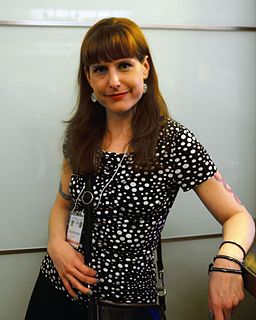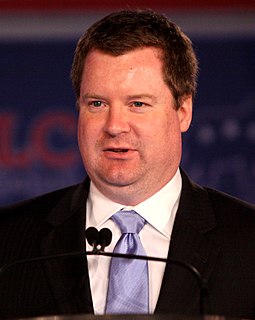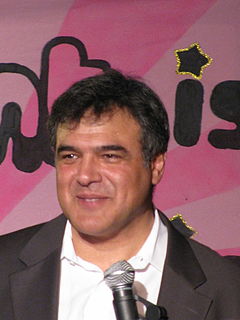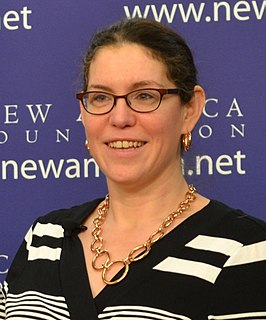A Quote by Christopher Locke
TV has the longest recall. You remember what you've seen for longer; it has engagement and emotion. It's the most talked about.
Related Quotes
The most important, the longest lasting, the strongest emotional, and the most practiced memories are the ones that are embedded the deepest in the brain, and because we have retrieved them so many times previously, they are the most able to be retrieved. We all hear about people who can remember their youth, their phone number, or street address from 70 years ago, but they cannot recall what they had for breakfast. The memory of this morning's breakfast wasn't rehearsed, and wasn't very important, so it fades away quickly.
Interestingly, anger and lust are also elusive states once they have passed. Trying to recall why you were angry about something when you've calmed down is like trying to remember why you were in love with someone who no longer attracts you: the initial impulse triggering the emotion is impossible to recapture.
I've always loved theatre because it's so immediate. The challenge of it is that, career wise, it's easier to get traction in the industry if you do film and TV because the audience is larger, and because the work can be seen for a longer period of time. I did solid work in a series of regional and Off-Broadway shows, but the work I did on TV or film will have a longer life with a larger audience (and with services like Netflix). Ultimately, there's something intimate about TV, because the storytelling and the actors come home with the viewer. It can be powerful because of that.
I tend to think that the whole concept of, 'I saw this TV show, and someone was wearing this sweater, and now I'm going to buy that,' it's something that's been talked about for a long time, but I've never really seen it work. When people are watching an entertainment show, they want to be entertained.
